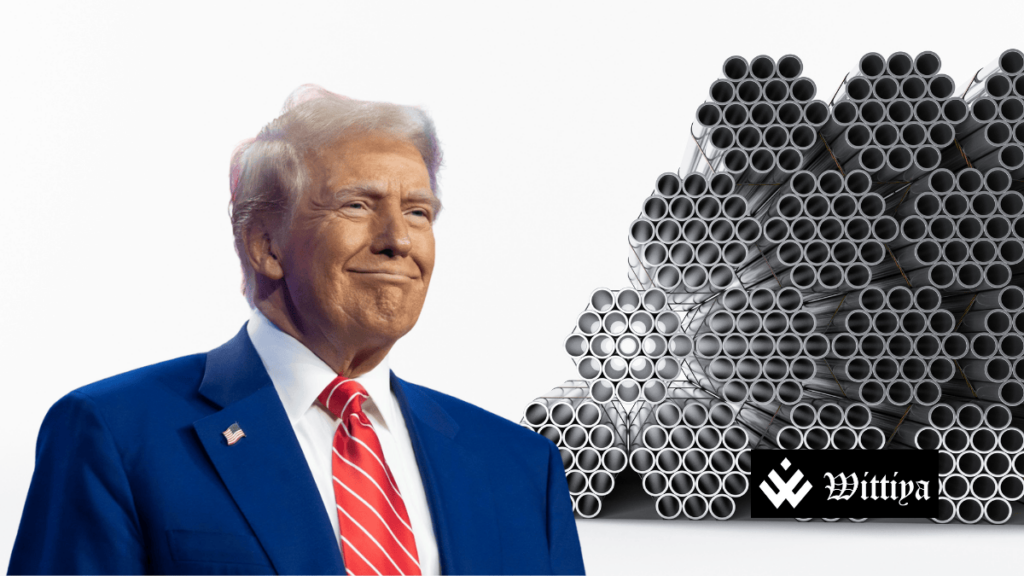India has announced plans to impose a 12% safeguard duty on a wide range of steel imports for 200 days to counter rising imports, particularly from China. The move mirrors similar protectionist measures taken globally, including the recent US tariffs under former President Donald Trump. The Indian government aims to protect its domestic steel industry from excessive foreign inflows while assessing a long-term trade policy.
The Indian government has announced a 12% safeguard duty on a broad range of steel products to curb excessive imports and shield the domestic industry from global oversupply. This temporary measure, set to last 200 days, aims to provide immediate relief to Indian steelmakers struggling against rising imports, particularly from China.
The decision follows a global trend of increasing steel protectionism, with the United States recently imposing broad tariffs under former President Donald Trump’s trade policies. India’s move underscores concerns over dumping and price distortions caused by an influx of cheaper steel products flooding the market.
According to industry experts, the safeguard duty will help stabilize the Indian steel sector, which has been facing intense pressure from low-cost imports. The government is expected to conduct a detailed review during the 200-day period before making a final determination on long-term trade policies.
The Indian steel industry, a crucial component of the country’s manufacturing and infrastructure sectors, has seen rising competition from international producers, particularly in China. Domestic steelmakers have been calling for stronger trade protections to ensure fair pricing and market stability.
While the safeguard duties aim to support local manufacturers, they could also lead to increased costs for industries reliant on steel, including construction and automobile manufacturing. However, government officials maintain that the temporary measure is necessary to prevent unfair trade practices and safeguard national economic interests.
With global steel trade dynamics shifting rapidly, India’s latest decision reflects a broader strategy to counter economic pressures and maintain a competitive industrial landscape. The impact of these safeguard duties on both domestic steel producers and end-user industries will become clearer in the coming months.
